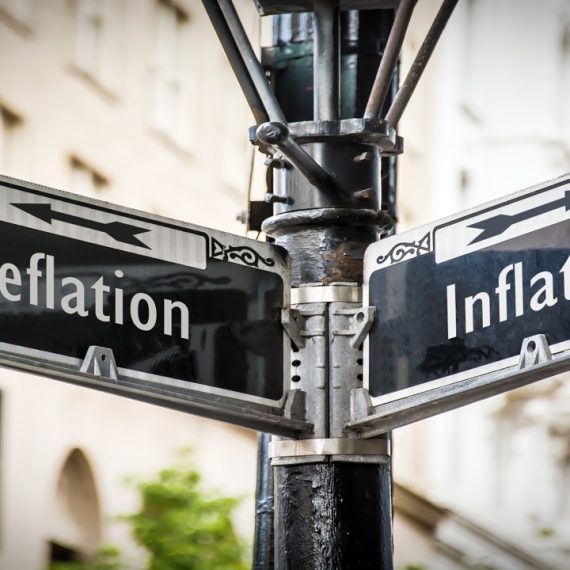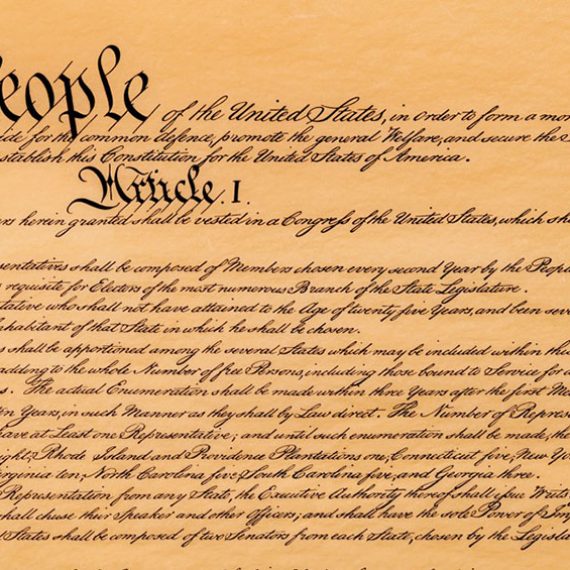Wondering how long it will take for a bank transfer to go through, or to receive an ACH direct deposit from an employer or other party?
Due to the number of intermediaries involved in transferring money from one financial institution to another, it may take several days for the money to arrive in your bank account—depending on a number of factors, including whether the transfer was initiated before your bank’s daily cut off time.
Faster, more crude means of moving money exist, such as Western Union and Moneygram, but these are often inconvenient (you have to drive to a location that accepts Moneygram or Western Union transfers) and expensive (high fees).
Some people use Bitcoin or cryptocurrency to move money quickly, but that method also comes with some drawbacks: it can be technically complex and it can still end up taking a few days for the money you receive when you sell your Bitcoin to arrive in your bank account.
What else is available then if you’re looking for something faster than a traditional bank transfer, paper check, wire, or ACH direct deposit?
Goldmoney, with more than a million users, allows you to store or move money around the world at significantly faster speeds… and at a fraction of the cost… of moving traditional currency. Often, a transfer will settle within minutes on the Goldmoney platform, and moving your gold off of the platform (or buying more gold) only costs you 1%… significantly less than, say, the 2.9% fee that PayPal charges… and significantly faster than a bank wire transfer or waiting for a paper check to clear.
Paper check clearing times can be a nightmare! (As we all know.)
The history of the paper check written by mentalfloss.com is quite interesting:
Unlike bills (which represent actual money that banks hope you’ll never ask for), the check started as the Persian Sakks—a written promise to pay when the goods were delivered. The idea was to avoid money being transported, so starting in the first century CE, banks issued letters of credit through a bill of exchange, meaning that money would be paid to the person whose name was on the bill. Plus, a check written in, say, Baghdad, could be cashed in China.
The check didn’t come into widespread use, however, until Holland in the 1500s. Around that time, Amsterdam was a major international hub of shipping and trading, and people began to deposit their cash with Dutch cashiers for a fee, rather than keeping the money at home. Those cashiers would pay their depositors’ debts directly upon written notice (almost as good as online bill-paying), but there was a small problem: the little pieces of paper could easily be forged or copied.
A British banker named Lawrence Childs developed the first printed checks, which led to today’s elaborate system of routing and account numbers, watermarks, and other identifiers. Indeed, the modern word check originated simply from the need to examine, or check, the bill of exchange, and the name stuck.
Gold, on the other hand, has been in active use for commerce and savings for over 5,000 years. If done right, a gold transaction can be initiated and settled very quickly.
Learn more about using gold to send money around the world, to do your company’s payroll, and more:

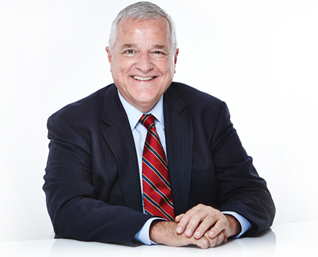

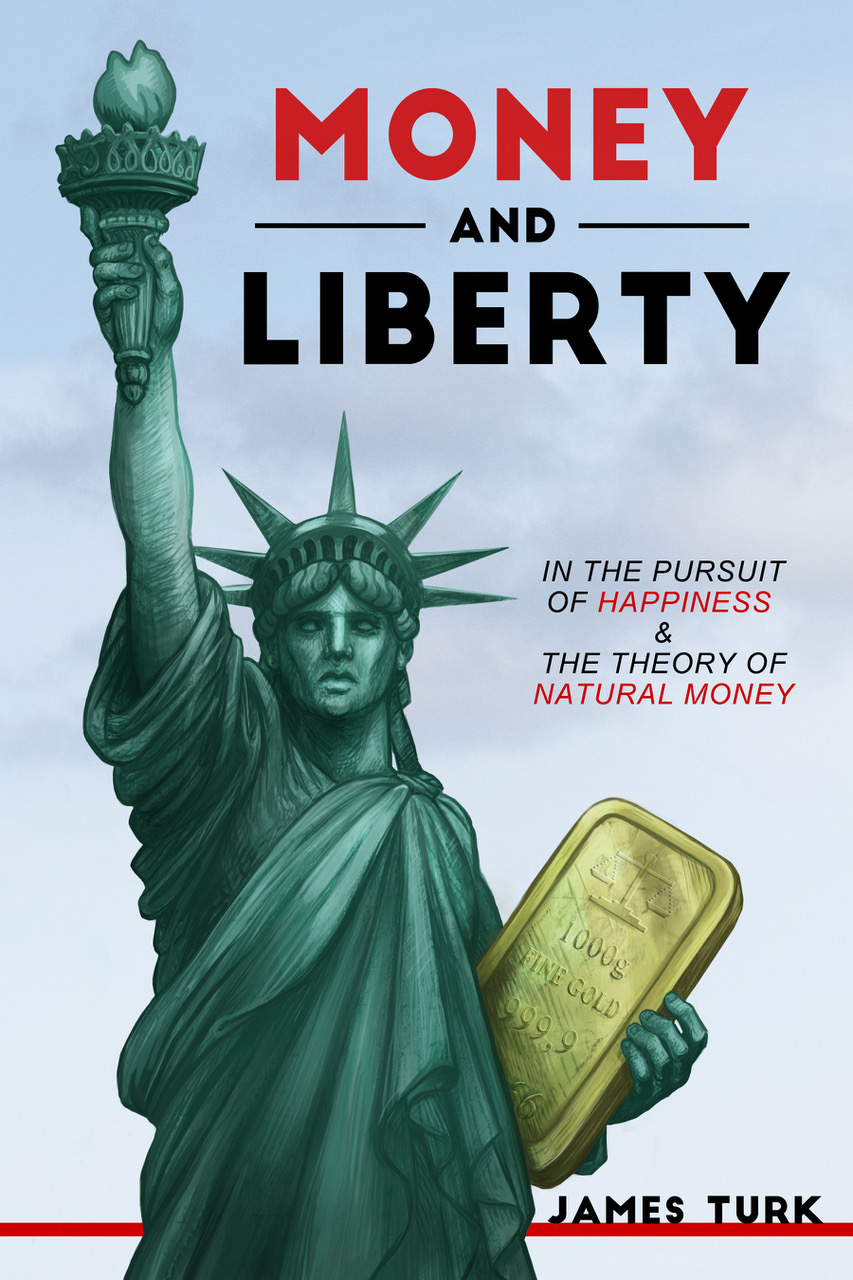
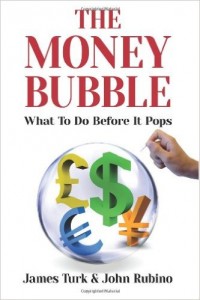
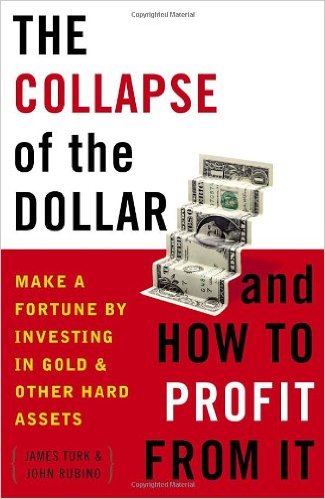
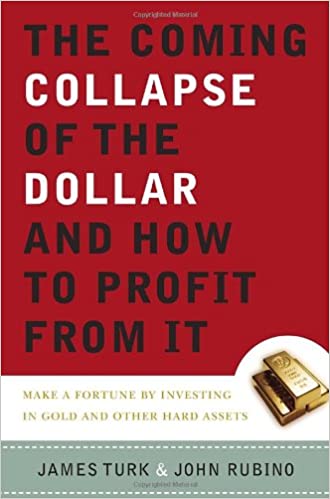
 My objective is to share with you my views on gold, which in recent decades has become one of the world’s most misunderstood asset classes. This low level of knowledge about gold creates a wonderful opportunity and competitive edge to everyone who truly understands gold and money.
My objective is to share with you my views on gold, which in recent decades has become one of the world’s most misunderstood asset classes. This low level of knowledge about gold creates a wonderful opportunity and competitive edge to everyone who truly understands gold and money.